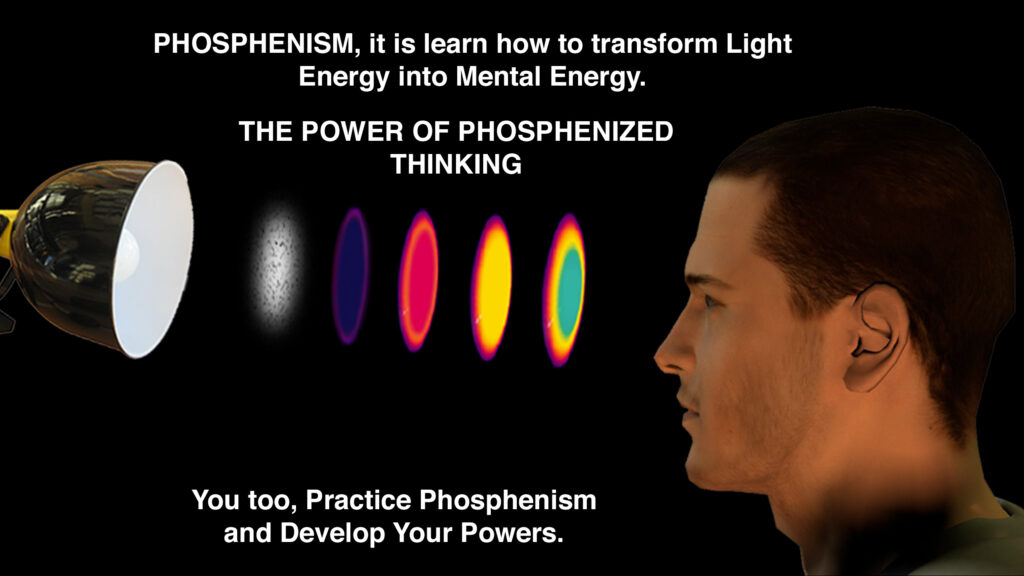SUPERLEARNING

SUPERLEARNING
Modern discoveries on the functioning of the brain have deeply changed our understanding of the learning process. Georgi Lozanov, a Bulgarian psychiatrist and educator, is the father of suggestology, the science of suggestion. His research quickly led him out of the traditional framework of medecine, his main interests were the domain of sports and the domain of education. But it is his method for learning foreign languages that made him famous. Using relaxation, suggestion and music, he creates an optimal environement for the student and can preen himself on extremely positive results: learning times are divided by two or three, long term memory is improved, all this in an atmosphere of total relaxation.
In the end of the 1970s, two americans, Sheila Ostander and Lynn Schroeder, introduce suggestology in the United States with their best-seller Superlearning. The idea that one can learn much faster and in much better conditions than what is usually admited is very attractive. Later, many other researchers express interest in this method and a set of theories is developed.
The basic postulates are the following:
Suggestology not only stimulates intelligence and creativity, but it can also help neutralizing psychological blocks.
Learning is produced by conscious and subconscious processes.
Learning must be pleasant, implying relaxation and a variety of approaches.
Later, the various schools of suggestology stressed the importance of the complementarity of the left and the right brain, as well as the holistic dimension of apprenticeship and the quality of the environement. NLP contributed to this by demonstrating that every individual functions in a different way and that education should take that diversity into account.
In 1963, at the same period Lozanov discovered suggestology, a French physician and scientist, Doctor Francis Lefebure, published Phosphenic Mixing Applied to Education, a book that demonstrates the influence of light on mental processes. By focusing on a source of light for approximately thirty seconds (for example, the phosphenic lamp he designed), one can produce a phosphene, i.e. a subjective sensation of light that persists for several minutes. This operation in itself is relaxing. Also, learning during the presence of the phosphene is much more efficient. Indeed, the phosphene channels the attention of the student on the subject of study and favors associations of ideas.
PRACTICAL EXERCISE:
You need to write a text. While you are focusing on the phosphenic lamp, concentrate on an image that sums up the subject of your text. As soon as you switch the lamp off, ideas start flowing. When the phosphene disappears, after roughly three minutes, choose the best idea and keep concentrating on it during a second phosphene. During the presence of the phosphene, other ideas will appear, richer and in greater numbers. Pick the most important theme and concentrate on it during a third phosphene; more new ideas will come to your mind, more and more structured and interesting. There are no limits to this exercise. Your reflection will keep improving.
Superlearning techniques are greatly amplified when they are associated to Phosphenic Mixing. Moreover, Phosphenic Mixing creates a positive mood, stimulates creativity, and eliminates blocks; it connects the conscious and the subconscious; it is a pleasant process, as it brings relaxation and mental stimulation. Phosphenic Mixing has a positive effect on sleep, mood and sociability.
Importante Note
We have done our best to provide you with the most accurate translation of our french website. Nevertheless, it is possible that some language errors may remain. So, don’t hesitate to contact us to communicate them to us.
Thank you for your indulgence and for your consideration of the many hours spent translating all our pages and, more particularly, all the testimonies we share with you so that you may become aware of the impact that Phosphenism can have on those who practice it.
Wishing you the best with your practice of Phosphenism.
Daniel Stiennon (Dr. LEFEBURE School Director, France)


